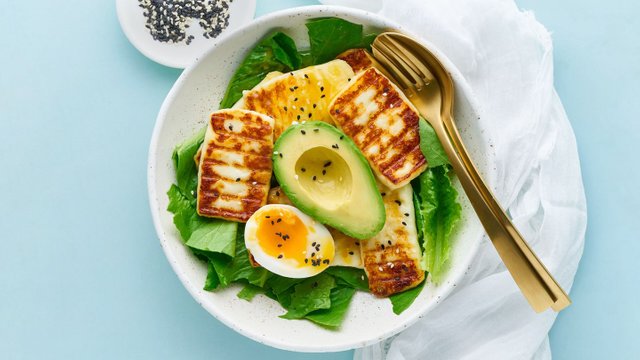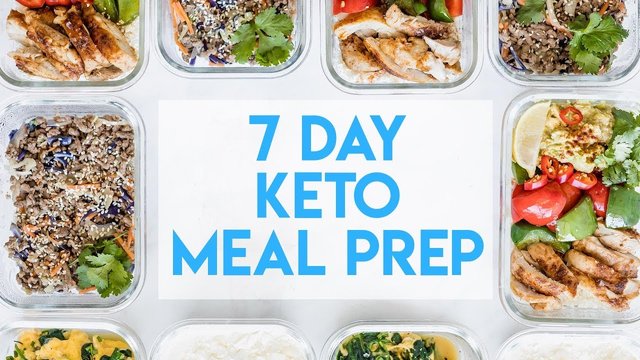⚡️The Ultimate Keto Meal Plan⚡️
The keto diet, also known as the ketogenic diet, is a high-fat, low-carb eating plan that has been shown to offer numerous health benefits. This article will provide a beginner's guide to the ultimate keto meal plan, including what foods to eat, what foods to avoid, and tips for making the transition to a keto lifestyle.
What is the keto diet?
The keto diet is a high-fat, low-carb eating plan that aims to put the body into a state of ketosis. Ketosis is a metabolic state in which the body uses fat for energy instead of carbohydrates. This happens when the body is deprived of carbohydrates, which are the body's primary source of energy. By reducing carbohydrate intake and increasing fat intake, the body is forced to use fat for fuel.
What foods can you eat on a keto diet?
The keto diet is a high-fat, moderate-protein, and low-carb eating plan. Here are some foods that are allowed on a keto diet:
Meat and poultry: beef, chicken, turkey, lamb, and pork
Fish and seafood: salmon, tuna, trout, and shrimp
Eggs: whole eggs, including the yolk
Low-carb vegetables: spinach, broccoli, cauliflower, zucchini, and peppers
High-fat dairy: butter, cheese, and cream
Nuts and seeds: almonds, walnuts, macadamia nuts, and sunflower seeds
Healthy fats: olive oil, coconut oil, and avocado oil
https://tinyurl.com/mrx7zhe5
What foods should you avoid on a keto diet?
To follow a keto diet, it's important to avoid foods that are high in carbohydrates. Here are some foods to avoid:
Grains and starches: bread, pasta, rice, and cereal
Sugar and sugary foods: candy, soda, and sweets
Fruits: apples, bananas, and oranges
Beans and legumes: chickpeas, lentils, and black beans
Root vegetables: potatoes, carrots, and sweet potatoes
Tips for making the transition to a keto lifestyle
Transitioning to a keto lifestyle can be challenging, but there are some tips that can make the process easier:
Start slowly: Instead of making drastic changes, start by gradually reducing your carbohydrate intake over several weeks.
Plan your meals: Planning your meals in advance can help you stay on track and avoid temptation.
Monitor your ketone levels: Use a ketone meter to monitor your ketone levels and ensure that you're in a state of ketosis.
Stay hydrated: Drinking plenty of water is important on a keto diet, as it can help flush out toxins and keep you feeling full.
Get enough electrolytes: As you reduce your carbohydrate intake, it's important to make sure you're getting enough electrolytes, such as sodium, potassium, and magnesium.
Conclusion
The ultimate keto meal plan can offer numerous health benefits, including weight loss, improved energy, and better blood sugar control. By following a high-fat, low-carb eating plan and making some lifestyle changes, you can reap the benefits of the keto diet and improve your overall health and wellbeing. As always, it's important to consult with a healthcare provider before starting any new diet or exercise regimen.


